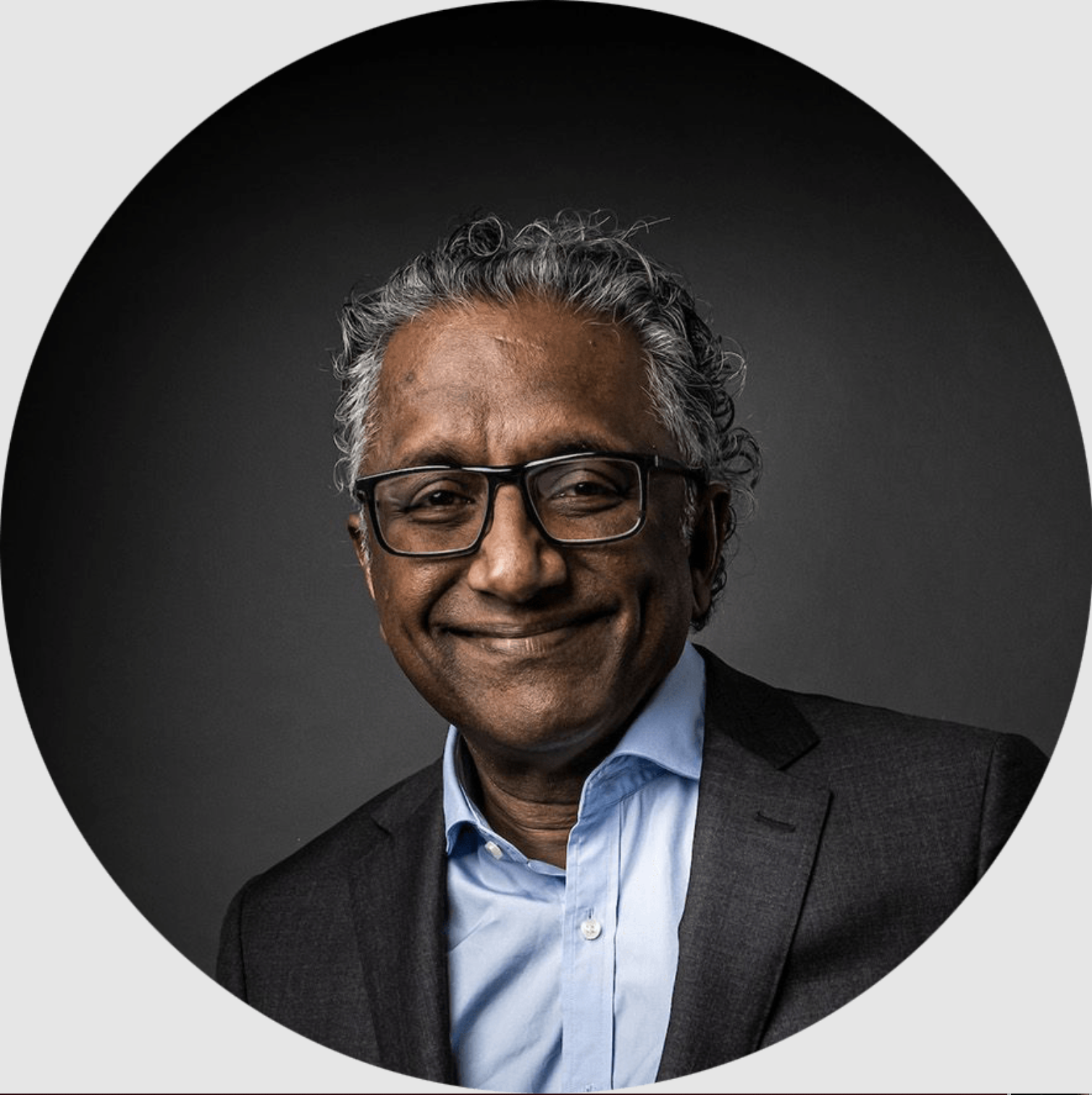Sharing Voices...
From time to time, we take the opportunity to share some voices from the D&I space with our newsletter subscribers.
This month we spoke with Duncan Smith, a D&I practitioner with many years of global experience, about his cross-cultural reflections having moved back to his native home in New England in the USA for 6 months and then returning to Australia where he has lived for over 30 years. We thank Duncan for his contribution.
The Home-coming
Family circumstances drew Duncan back to his home town outside Boston, Massachusetts in July of 2021. Although he had been back numerous times for short visits over the years, this was his first time really landing in the culture to live after more than 30 years away. Duncan picks up the story:
"I did anticipate that I would experience some culture shock having lived away from the US for so long. Of course when returning home there is always an awareness of and remembering about the culture itself and "how we do things around here" which may be different from where you have come from. Many times it is the small things that are noticeable, like ordering coffee or small nuances in language. Sometimes it can also be realising that the way something used to be done has changed and that people have adapted to a new way of operating in your absence. There is also the larger sense of how the culture operates – how is the culture responding to these times in the world? What windows into the culture do these times offer us as an observer? And what is the impact on us as participants in the culture? (the pandemic has been a particularly interesting opportunity for this kind of observation, comparing responses both within and between cultures).
It's useful for any of us to consider, what aspects of our home culture do we identify with comfortably and easily, and what aspects do we find difficult? Returning to the USA highlighted the areas I identified with and the shared values of parts of the community I aligned with. I also observed parts of the culture that were still present that I realised had never liked or identified with.
The Haircut
One day I wandered down to the nearby main street to find that the usual place I went for a haircut when visiting, had closed. I ventured further and found another place, new to me. The barber was an older man, a third generation migrant of European background. While cutting my hair, the barber declared that he was "no liberal" and launched into a tirade about the what was wrong with the country – mostly about the government 'letting anyone come in and giving money to migrants to buy votes and that the election was rigged'. He stated that 'this [federal] administration is totally incompetent and is going to destroy the country.' At first I was confounded by his views as I did not share them, however I tried to find some commonality and to consider what was behind his perspective. I understood that his opinions were likely based on fear, and that I could have said exactly the same thing – 'this [federal] administration is totally incompetent and is going to destroy the country' --about the previous administration! Having heard so much in the media about the country being polarised, here it was in real life, and I was part of it. How to respond?
I realised that there was something we agreed on – concern about the government – so while the content of our concern was different, the emotion was something we shared. While I didn’t come up with an easy answer other than saying "I can understand how you feel" - he did have a sharp pair of scissors in his hand after all! -- it got me thinking about how we bridge a cultural divide and where do we find commonality? The only commonality I could find in that moment was around the emotions of fear and concern.
This small episode demonstrated for me a larger challenge of doing D&I work: finding the balance between focusing on people's differences, and focusing on what connects us. How do we balance our response to media-driven negative messages about what's happening at a national level with the positive, often overlooked, good news at the local and community level?"
The Re-entry
Having spent 6 months in New England, I then returned to Australia in January, making my re-entry to Melbourne, my residence of the last 30 years. In the Intercultural space we often identify re-entry as a challenging time for individuals, as it requires us to adapt ourselves to a different situation (or re-adapt in my case), and then adapt back to a former place. One of the biggest questions that arises then is 'where is home?' The answer is a very individual one. After I got back to Australia, I reflected on an how different people responded to my return. Some people said, 'welcome home.' As it turned out, these were mostly people who were Australian born and had lived their entire lives in Australia. Others said, 'welcome back.' These tended to be people who were fellow expats, or Australians who had lived overseas.
Our cultural programming runs deep and is often unconscious. The opportunity to observe that programming through a journey "home and back again" and to reflect on culture, home, belonging, change, and adaptation, is an experience both challenging and rewarding.
|





